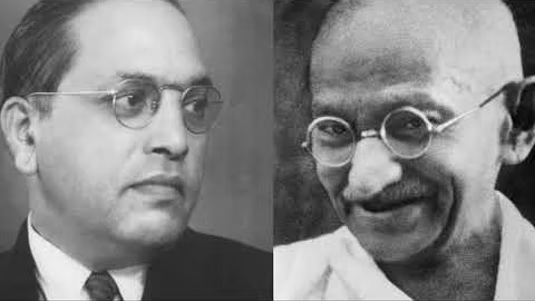MSO-004 Sociology in India free videos and free material uploaded by IGNOU Staff .
BLOCK 1:
Week 1
Unit-1 Social Background of the Emergence of Sociology in India
Week 2
Unit-2 Emergence of the Discipline: Issues and Themes
Unit-3 Village Studies in India
BLOCK 2:
Week 3
Unit-5 Brahminical Perspective
Unit-6 View from the Field
Week 4
Unit-7 Ambedkar and Lohia on Caste
Unit-8 Census Perspective
BLOCK 3:
Week 5
Unit-9 The Household and the Family
Unit-10 The Household as a Cooperative—Conflicting Unit
Week 6
Unit-11 Marriage and Its Changing Patterns
Unit-12 Descent and Alliance Approaches to the Study of Kinship in India
BLOCK 4:
Week 7
Unit-13 Agrarian Classes and Categories
Unit-14 The Working Class
Week 8
Unit-15 The Middle Class
Unit-16 Gender, Caste and Class
BLOCK 5:
Week 9
Unit-17 Tribe, Territory and Common Property Resources
Unit-18 Tribe and Caste
Week 10
Unit-19 Elwin and Ghurye’s Perspectives on Tribes
Unit-20 Social Differentiation among Tribes
BLOCK 6:
Week 11
Unit-21 Religion and Politics
Unit-22 Religion and Culture
Week 12
Unit-23 Cohesive and Divisive Dimensions of Religion
Unit-24 Secularisation
BLOCK 7:
Week 13
Unit-25 Urbanization
Unit-26 Migration
Week 14
Unit-27 Industrialisation
Unit-28 Globlisation
BLOCK 8:
Week 15
Unit-29 Social Movements: Meanings and Dimensions
Unit-30 Types of Social Movements
Week 16
Unit-31 Peasants Movements
Unit-32 New Social Movements
This course introduces students to Indian society and to the sociological understanding of Indian society in terms of its institutions, social processes and their dynamics. Towards this endeavour besides engaging the students with the historical understanding of development of sociology in India, it engages them with the dynamics of caste, tribes, religion, gender, family marriage, kinship, social classes in the contests of fast change and transformation in the society. It also focuses on the issues of migration, industrialization, globalization, communalism, secularism and social movements in Indian society and their sociological understanding.

- 0 Reviews
- 0 Students
- 156 Courses

Write a public review